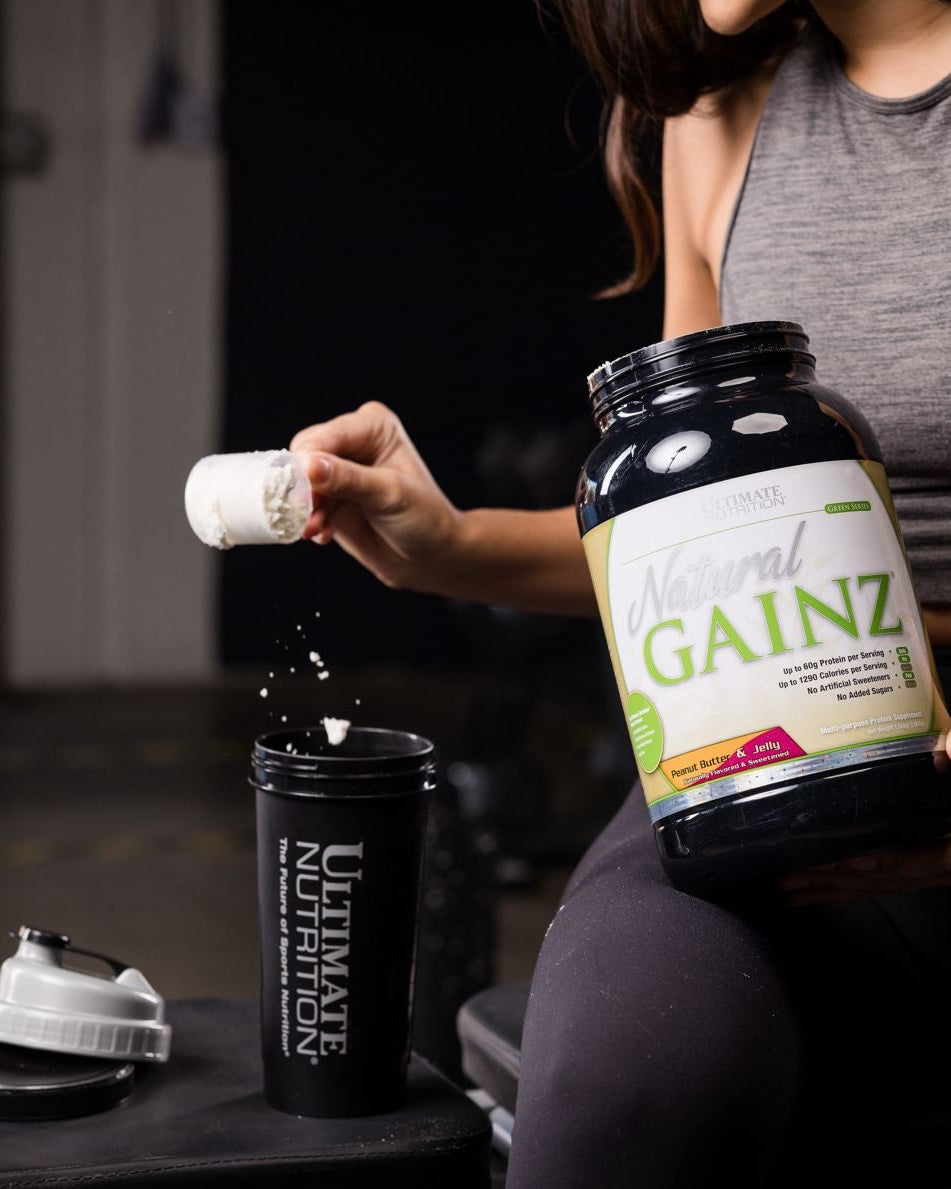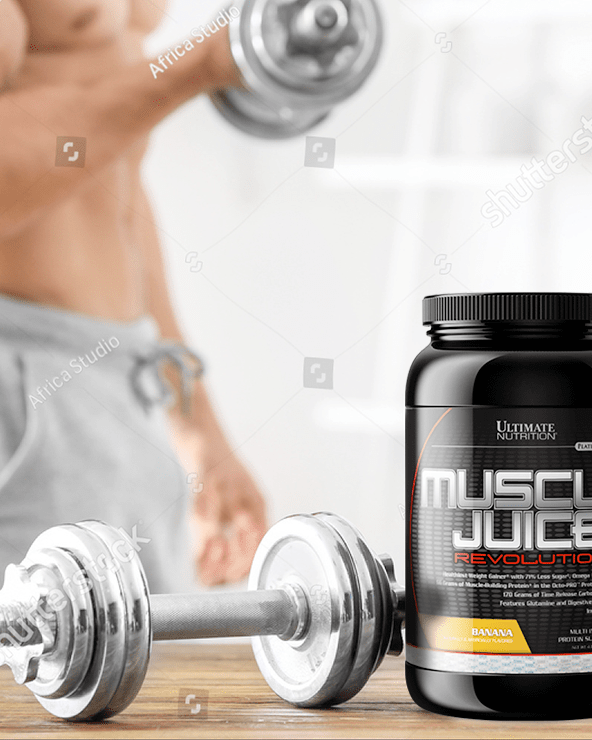The gut microbiome, also known as the community of bacteria and other organisms living in our guts, greatly impacts overall health. From cognitive performance to mental health to immune function and digestion, research has discovered how important it is to support gut health.
When it comes to athletic performance, emphasis on a healthy gut becomes more crucial than ever.
In this article, we’ll discuss gut health for athletes and how it can affect training and performance.
Digestive Health in Fitness
While it’s well-known that exercise is excellent for your health, researchers have only recently learned it also plays an important role in digestive health. According to a 2010 study in Probiotics in Perspective, exercise helps increase diversity and spread many different types of bacteria in the microbiome. It can also increase the beneficial substances in gut bacteria.
One example comes from a study titled Exercise and associated dietary extremes impact on gut microbial diversity. According to the study of international Rugby Union players, they found that they increased their gut microbiome diversity compared to non-athletes and that this was linked to exercise and diet.
Research like this suggests a connection between diet, gut microbiome, and elite athletes. Improved metabolic function may benefit athletes and reduce the risk of disease.
Ultimate Tip: Essential for better health, improved athletic performance, and a boost in mental well-being, Balance from Ultimate Nutrition is a 30ct pack that supports your gut with over 40 billion CFUs per serving from nine specific probiotics.

Probiotics and Exercise
With the gut microbiome being home to thousands of different organisms, its influence on health is a treasure trove just waiting to be discovered.
Like humans, gut bacteria eat many different things. They then produce compounds that can positively or negatively affect the body.
One key compound critical for our health is butyrate, a short-chain fatty acid (SCFAS) that fuels the intestinal cells of our gut, maintains the gut cell barrier, controls inflammation, regulates appetite, and protects against disease. Butyrate keeps our colon healthy and fit, but most people don’t produce enough. Dietary plant fibers and resistant starch are their primary fuel source. These sources are also called prebiotics, the preferred food sources for gut bacteria.

Prebiotics resist digestion and pass through the digestive tract relatively untouched. They can be found in many foods, from whole grains like wheat, rye, and quinoa to vegetables and legumes like broccoli, potatoes, chickpeas, and lentils, and fruits like bananas, blueberries, and apples. Nuts and seeds are also excellent sources of prebiotics.
The Power of Veillonella for Super Performers
According to a 2019 study in Nature Medicine, a performance-enhancing microbe known as Veillonella (a capsule containing several probiotic strains) was discovered for its ability to metabolize lactate, providing a significant boost for elite athletes. Subjects for the studies included marathon runners and mice. The mice that were injected with Veillonella ran on the treadmill longer than the mice without the probiotic.
Additional studies have also found evidence of a connection between the gut microbiome and lung capacity. A healthy gut can also improve blood flow, provide anti-inflammatory benefits, and help prevent upper respiratory tract infections, which can, in turn, benefit physical activity. 
Supplementation with Probiotics for Sports Performance
While studies on Veillonella are still limited, there are several things athletes can do to benefit their gut microbiome. By eating the prebiotic foods listed above, as well as other probiotic-rich foods like yogurt, kefir, sauerkraut, and kimchi, athletes can improve their gut health with these sources of live microorganisms.
A balanced diet and exercise regimen have innumerable health benefits for gut microbiota. A healthy gut can improve performance in everything from low-impact endurance exercise to more intensive exercise.
The information provided in our articles are meant for informational and educational purposes exclusively and should not be considered as medical advice. It is essential to consult a healthcare professional before starting a new nutritional product and/or making significant changes to your diet and/or starting a new exercise regime. These products are not intended to diagnose, treat, cure, and/or prevent disease.




















